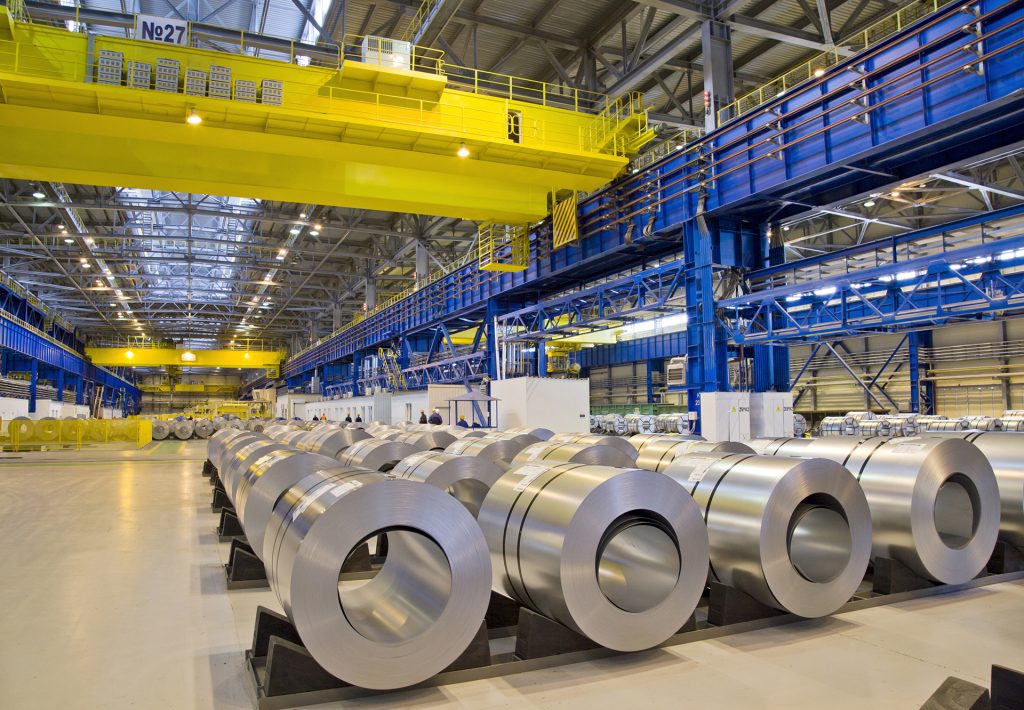Introduction to Logistics
Logistics is a critical component of modern commerce and industry, encompassing the management of the flow of goods, services, and information from the point of origin to the point of consumption. It involves the integration of various processes such as transportation, warehousing, inventory management, material handling, and packaging, all aimed at efficiently and effectively fulfilling customer requirements.
The Evolution of Logistics
Historical Perspective
The concept of logistics has evolved significantly over time. Historically, logistics focused mainly on the transportation of goods and resources in military operations. Today, it encompasses a broad range of activities essential to commercial supply chains.
Modern Developments
Advancements in technology and globalization have transformed logistics into a sophisticated, technology-driven field that is pivotal in global trade. The rise of e-commerce and the digital economy has further expanded the role of logistics, making it more complex and integral to business operations worldwide.
Key Components of Logistics
Transportation Management
Transportation is the backbone of logistics, involving the movement of goods by road, rail, air, and sea. It includes planning, execution, and management of transportation operations, ensuring timely and cost-effective delivery.
Warehousing and Storage
Warehousing refers to the storage of goods until they are dispatched. Modern warehouses are technologically advanced facilities that manage inventory efficiently, often using automated systems and robotics for material handling.
Inventory Management
Inventory management is crucial for balancing the costs of holding stock against the need to meet customer demand. It involves managing stock levels, turnover rates, and storage costs to maximize profitability.
Order Fulfillment
Order fulfillment is the process of storing, picking, packing, and shipping products to customers. It’s a critical component, especially in e-commerce logistics, requiring accuracy and efficiency to ensure customer satisfaction.
Supply Chain Management
Logistics is a key part of the broader concept of supply chain management (SCM), which involves coordinating all aspects of the supply chain from raw material sourcing to product delivery.
The Role of Technology in Logistics
Automation and Robotics
Automation and robotics have revolutionized logistics, enabling faster and more accurate handling of goods. Automated storage and retrieval systems (AS/RS), drones, and robotic picking systems are examples of technological advancements in logistics.
Information Technology
IT plays a pivotal role in logistics. Systems like Warehouse Management Systems (WMS), Transportation Management Systems (TMS), and Enterprise Resource Planning (ERP) software help in tracking, managing, and analyzing logistics operations.
E-commerce and Digital Logistics
The rise of e-commerce has led to the development of digital logistics, focusing on managing online sales’ complex logistics requirements. This includes managing returns, expedited shipping, and real-time tracking of deliveries.
Challenges in Logistics
Supply Chain Disruptions
Logistics faces challenges like supply chain disruptions caused by unforeseen events like natural disasters, political instability, or pandemics.
Environmental Concerns
Sustainability in logistics is gaining attention, with a focus on reducing the carbon footprint of transportation and warehousing activities.
Regulatory Compliance
Adhering to international and local regulations, including customs, trade agreements, and safety standards, is a significant challenge in logistics.
The Future of Logistics
Trends and Predictions
Emerging trends in logistics include the use of blockchain for transparency, increased use of artificial intelligence and machine learning for predictive analytics, and the continued growth of green logistics.
The Role of Innovation
Innovation in logistics is crucial for improving efficiency, reducing costs, and enhancing customer experiences. This includes exploring new delivery methods like autonomous vehicles and drones.
Efficient Movement of Freight: A Vital Role in America
Logistics plays a vital role in the global economy, driving the efficient movement of goods and services. Its importance in meeting customer expectations, optimizing operations, and contributing to business growth cannot be overstated. As logistics continues to evolve, its impact on businesses and consumers alike will only increase, making it an essential field of study and application in the modern world.








